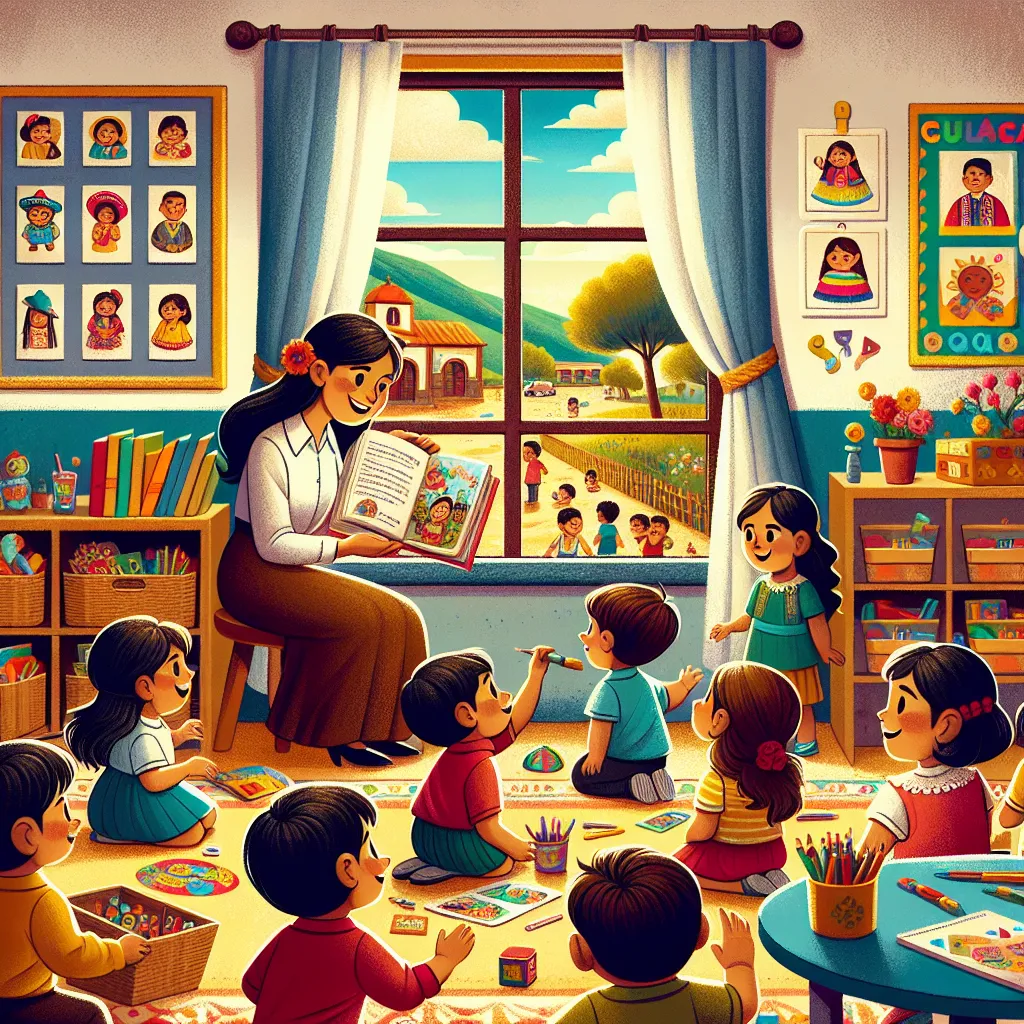Early Childhood Education Programs in Mexico
Early Childhood Education Programs in Mexico
Early childhood education plays a crucial role in a child’s development and sets the foundation for their future learning. In Mexico, there are various programs and initiatives aimed at providing quality education to young children. These programs focus on promoting holistic development, fostering language and cognitive skills, and building a strong educational foundation for children from diverse backgrounds. This article explores some of the key early childhood education programs in Mexico and their impact on children’s lives.
1. National Early Childhood Education Program (PIFAN)
The National Early Childhood Education Program, known as PIFAN (Programa Integral de Fortalecimiento de la Educación Inicial y Básica), is a federal initiative that aims to improve the quality of education in the early years. PIFAN focuses on children aged 0-6 and is implemented in public schools, community centers, and daycare facilities across Mexico.
PIFAN offers a comprehensive curriculum that addresses various aspects of a child’s development. It emphasizes the importance of play-based learning, social-emotional development, and the acquisition of basic cognitive skills. The program also provides training for teachers to enhance their teaching methods and strategies.
Through PIFAN, children receive quality education that prepares them for primary school and lays the foundation for lifelong learning. The program also promotes parental involvement and encourages parents to actively participate in their child’s education.
2. Community-Based Early Childhood Education Programs
In addition to the national program, Mexico has several community-based early childhood education programs that cater to the needs of marginalized and underserved communities. These programs aim to bridge the educational gap and provide equal opportunities for all children, regardless of their socio-economic background.
One such program is the Programa de Educación Inicial Comunitaria (PEIC), which focuses on rural and indigenous communities. PEIC ensures that children in these communities have access to quality early childhood education that respects their cultural heritage and values. The program also provides training and support for local educators to enhance their teaching practices.
Another notable community-based program is the Programa Nacional de Educación Inicial Indígena (PNEII), which specifically caters to indigenous communities. PNEII promotes bilingual education, cultural preservation, and community participation. It recognizes the importance of indigenous languages and traditions in early childhood education.
3. Early Childhood Education Initiatives by Non-Governmental Organizations (NGOs)
Several non-governmental organizations (NGOs) in Mexico are actively involved in promoting early childhood education. These organizations work in collaboration with the government and local communities to develop innovative programs and provide educational resources.
One such organization is Save the Children Mexico. They implement early childhood development programs in disadvantaged areas, focusing on health, nutrition, and education. Their programs provide support to parents and caregivers, promote child-friendly learning environments, and enhance the overall well-being of young children.
Another prominent NGO is the Bernard van Leer Foundation, which supports early childhood development programs globally. In Mexico, they work towards improving access to quality early childhood education and advocating for policy changes to ensure children’s rights are protected. Their initiatives include training educators, conducting research, and promoting community engagement.
4. Benefits and Challenges of Early Childhood Education Programs in Mexico
The early childhood education programs in Mexico have numerous benefits for children, families, and society as a whole. Some of the key benefits include:

- Improved cognitive and language development
- Enhanced social and emotional skills
- Higher school readiness
- Reduction in educational disparities
- Long-term positive impact on academic achievement
However, these programs also face certain challenges. Limited funding, lack of infrastructure, and the need for more trained educators are some of the main obstacles. Additionally, reaching remote and marginalized communities remains a challenge, requiring innovative approaches and increased support from the government and NGOs.
Conclusion
Early childhood education programs in Mexico play a vital role in shaping the future of young children. The national program PIFAN, community-based initiatives, and the efforts of NGOs contribute to improving access to quality education for children from diverse backgrounds. These programs not only enhance children’s cognitive and social-emotional development but also reduce educational disparities and prepare them for a successful academic journey. Despite the challenges, the commitment of the government, NGOs, and communities towards early childhood education is paving the way for a brighter future for Mexico’s young learners.
